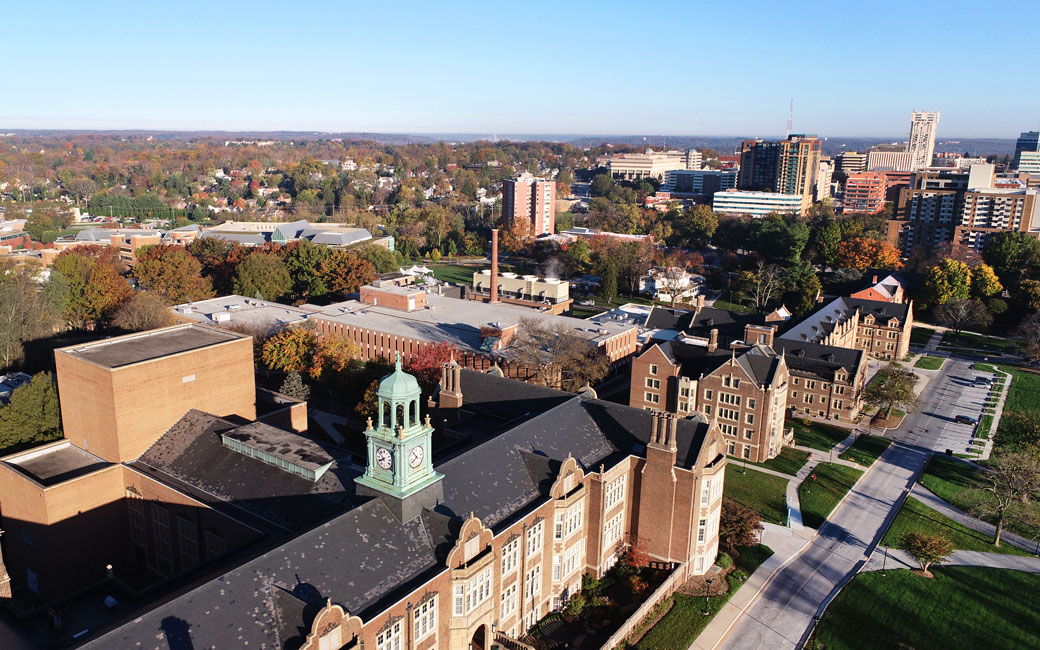Master Plan Process
TU's master plan was developed collaboratively and in alignment with the 2025-2035 strategic plan.

Campus Master Plan 2025
Towson University's Campus Master Plan charts a bold, practical vision for the next decade of growth, innovation, and community connection. Through collaborative planning with students, faculty, staff, and community partners, we're creating spaces that support excellence in teaching, research, and student life.
Goals
The master plan was developed to:
- support and advance current institutional priorities
- promote engagement, integration, and outreach with uptown Towson
- map out next steps towards sustainability and carbon neutrality
- leverage past analysis to efficiently meet state requirements
- engage the Towson University community in the planning process
Considerations & Approach
In addition to aligning with TU's strategic priorities, the master plan integrates projects in TU's existing capital pipeline. The plan also considers space needs assessments and recommendations from an independent study evaluating parking availability on TU’s campus.
Campus and community input are an important touchstone of master plan development. Dozens of listening sessions and open forums will be held to understand diverse perspectives and incorporate feedback into the final plan.
Process
- Planning Timeline: 2024-2026
- Board Presentation: Fall 2026
- Community Voices Heard: 100+ stakeholder interviews
- Academic Colleges Involved: 7 colleges plus Graduate Studies
Key Focus Areas:
- Research & Academic Space
- Student Housing
- Campus Connectivity
- Infrastructure Renewal
- Community Engagement
Steering Committee
The committee includes representation from every university division, as well as input from experts in TU’s Office of Facilities Planning & Design and the project's consultant team.
Engagement Groups
Our planning process has engaged representatives from:
- All academic colleges and departments
- Student Affairs and Campus Recreation
- Athletics
- Facilities Management
- University Administration
- Shared Governance Groups
- Glen Arboretum Board
- External Community Partners
- And many more campus stakeholders